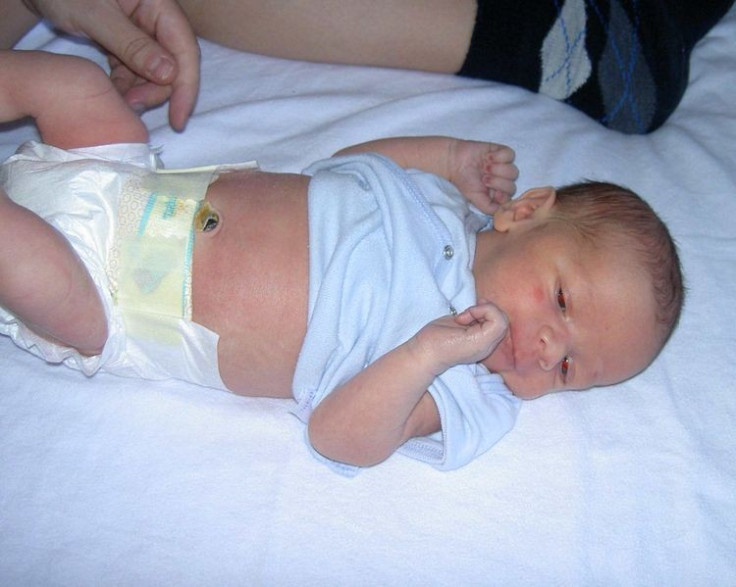Longevity Tied to Season of Birth

People born in autumn are more likely to live for 100 years compared to those born in summer, according to a report in the Journal of Aging Research.
Researchers from the University of Chicago have found that people, who are born in autumn, from September to November, are likely to live for 100 years compared to those who are born in March. The discovery was made while analysing data from the Rootsweb ancestry website.
Researchers conducted a study on more than 1,500 centenarians born in the United States between 1880 and 1895. The data obtained from the study was compared with 10,855 shorter-lived siblings and 1,083 spouses.
"Centenarians (cases) were compared to their "normal" shorter-lived siblings (controls) or spouses using a within-family analysis. This approach allows investigators to study the within-family differences, not being confounded by the between-family variation. Long-lived persons born in 1880-1895 were used as cases," said Leonid A Gavrilov, researcher at the University of Chicago, in a statement.
The study found that people who are born in September, October and November have a longer life span compared to their siblings born in March, April, May, June, July and August.
"These results demonstrate that persons born in September-November have significantly higher chances of exceptional longevity than persons born in March. This survival advantage of persons born in the fall months is consistent across different lifespan cut-offs suggesting long-lasting influence of season of birth on longevity," said Natalia S Gavrilova, researcher at the University of Chicago, in a statement.
Researchers are not sure as how month of the birth affects mortality and health in later life but they have suggested some theories.
One is that the nutritional status of mother during pregnancy might have a long lasting effect on the child in later life, which in turn can increase the mortality risk.
Another theory is that children born between March and August are likely to be affected by several infections and disease, which in turn increase their mortality rate. According to the researchers, poliovirus epidemics peak only in the months of July and August.
Effect of environmental temperature during the time of birth may be another possible explanation for low proportion of centenarians among individuals born during the summer and spring months. For example, Britons, who had experienced higher summer temperatures during their first year of life, had severe diarrhea and dehydration in infancy and they had higher blood pressure at older ages, according to the Journal of Aging Research.
© Copyright IBTimes 2025. All rights reserved.





















